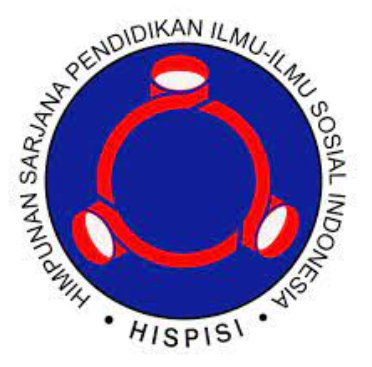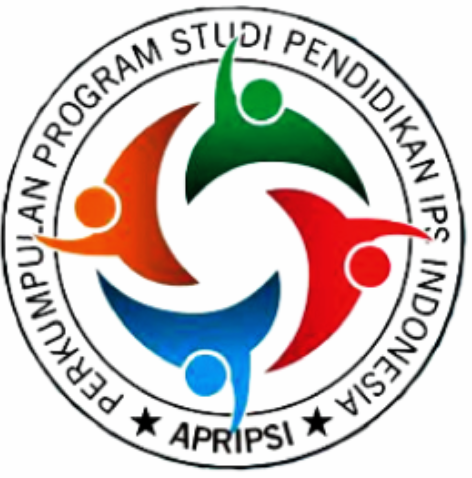PENDIDIKAN KELUARGA PADA KEBUDAYAAN JAWA (Studi Kasus Keluarga Jawa di Kelurahan Kamal)
Keywords:
Family Education, regional cultureAbstract
This research purpose to obtain data on the role of the family as the first education of children, then to preserve the Javanese culture as identity, and to raise awareness of the importance of family education in the future development of children, both in attitude and knowledge. The research method used is descriptive with data collection techniques through questionnaires, as well as interviews and literature study. The sample of this research is children of Javanese family who live in West Jakarta area Kamal village. The results of this study concluded that the process of parents in educating children and preserving the local culture has various ways in its implementation, it is done in a sustainable and gives the impression that the effect until the child has entered adulthood, although living in the modern era and there are various influences in it, but the culture can still be run even in small intensity, so that culture is maintained awake from generation to generation.
Downloads
Published
How to Cite
Issue
Section
License
Authors who publish with this journal agree to the following terms:
- Authors retain copyright and grant the journal right of first publication with the work simultaneously licensed under a Creative Commons Attribution ShareAlike License that allows others to share the work with an acknowledgement of the work's authorship and initial publication in this journal.
- Authors are able to enter into separate, additional contractual arrangements for the non-exclusive distribution of the journal's published version of the work (e.g., post it to an institutional repository or publish it in a book), with an acknowledgement of its initial publication in this journal.
- Authors are permitted and encouraged to post their work online (e.g., in institutional repositories, pre-prints sites or on their website) prior to and during the submission process, as it can lead to productive exchanges, as well as earlier and greater dissemination of published work






